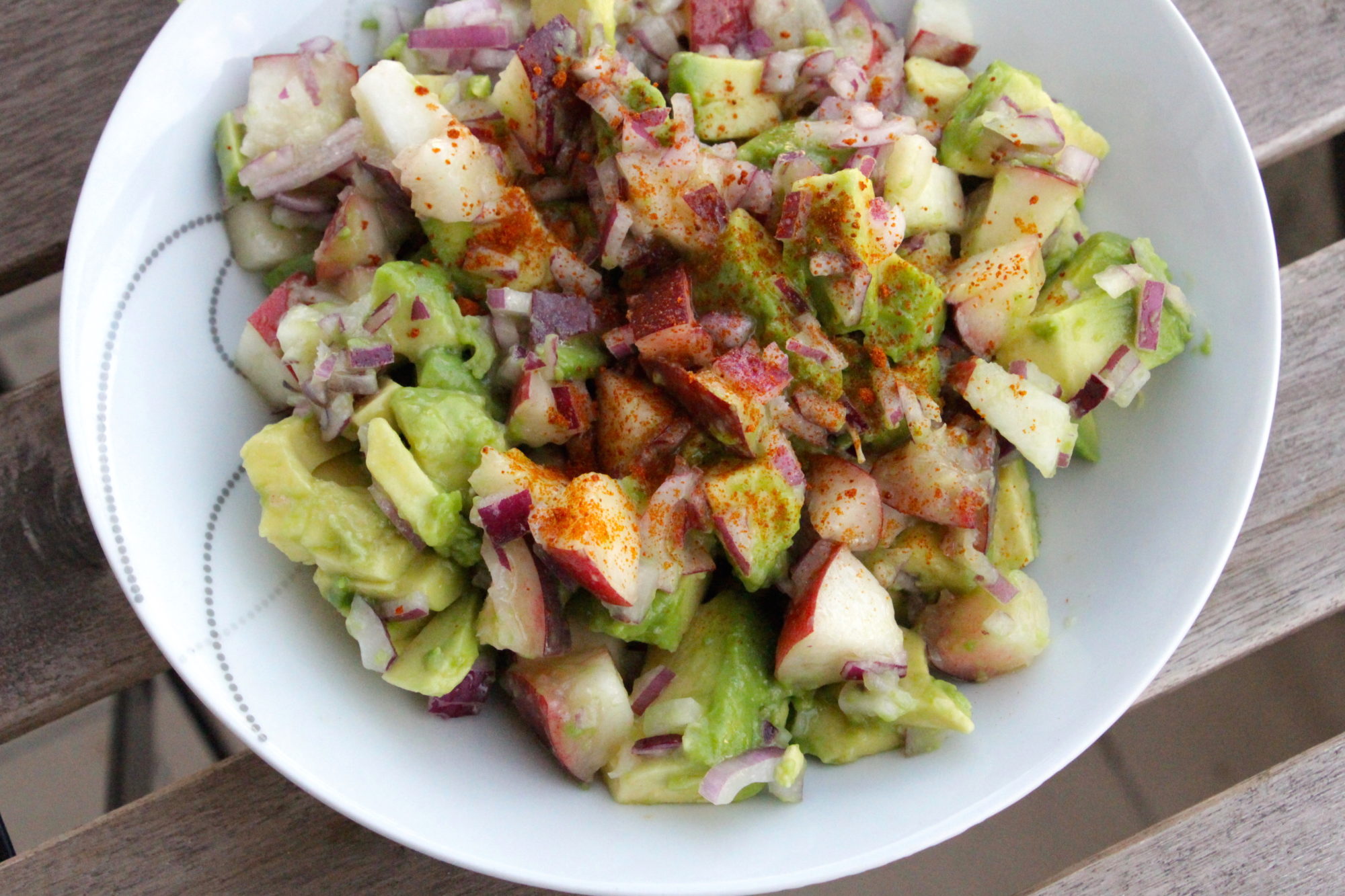I have friends who have never even met my mother who, nonetheless, can recognize a Mama-Jean-ism a mile away.
“Is there blood on you? No? Then you’re fine.”
“I can’t understand you when you talk like that.”
“You may say my name once.”
My mother raised us according to a strict system of rules, and there wasn’t a lot of room for whining (read: none at all).
But she was excellent at intuiting, somehow, when a problem had moved past simple whining. There’s a sort of mom-magic that told her I really needed to talk, even when I didn’t really know it myself, and she always surprised me by the way in which she could turn off “Mama Jean” and just become Mom – right when I needed her to.
One of the most memorable of these moments happened when I was about eleven years old (a very difficult age for my perpetually 40-year-old soul). It was the first of many times when I felt that overwhelming sense of self-doubt that has since become quite familiar to me. I felt like no matter what I did, I didn’t fit anywhere: not with the smart kids and certainly not with the jocks or the popular crowd. I was just young enough that kids in my class didn’t quite yet have their own individual interests, instead participating in whatever extracurriculars their helicopter parents told them they had to. I had yet to discover music, or that reading was cool, or my love of cooking, and with so few identities to choose from, I felt that I didn’t fit anywhere and never would.
My mother, I remember, was soaking in the bath; I sat on the closed toilet seat next to her, searching for the words to articulate what I was feeling to her, and somehow, though I didn’t find them, she understood.
“Oh, you know,” she said lightly. “At some point, people just develop a thing. And you become the music kid, or the kid who throws parties, or the kid with a car, or the kid who makes dessert.”
I think I know now how she must have seen me, then: how inevitable the development of these individual interests must have seemed for her, in hindsight, how well she knew that, soon, people would naturally gravitate towards those who shared their interests, developing friendships not based on proximity or whether your mom got along with her mom but because you actually liked one another. Her simple words were so far removed from my reality, but they gave me the key I needed: the hope to hang on just a little bit longer until people would begin to see who I really was.
Within six months, I had won a short story contest and starred in the school play as the demure Amy Sweet. I felt like I was suddenly sculpting an identity that people could bear witness to, an identity that would morph and change over the years, of course, but that had finally begun. I was seen.
I sometimes forget how important it felt, once, to have an identity that others could recognize. Each of us have salient details that we feel we know so innately about ourselves, but in reality, they’re not so innate after all: at one point, you were just a lost little kid who didn’t know who you were.
These days, I’m a lot of things. I’m the one who knows how to deal with French administration. I’m a writer. I’m the one who knows how to manage a budget. I’m a workaholic. I’m a speed-reader. I’m a bad driver. I’m a cook. And like most people, I fall back on these shortcuts to my identity when I’m trying to get to know people.
I remember how long it took me to get close to The Country Boy’s friends, how often I felt that even though they were looking at me, they were looking through me, seeing me as TCB’s girlfriend, but not as an entity of my own. All at once, I felt like I had when I was eleven: they didn’t really read, so we couldn’t bond over literature; they didn’t have the same cultural references as I did; they worked to live instead of living to work. I felt invisible, again.
That all changed when I made my guacamole.
All at once, people couldn’t get enough of it. I was bringing it to every party, making it in countless unfamiliar kitchens. Now, I’m the cook. That guacamole has become my thing.
Of course, there is a problem with using shortcuts as a way for people to know who you are, because who you are is ever-evolving. I loved being associated with Amy Sweet until I discovered pop punk and black hair dye, and then I wanted to be someone else. And someone else again. Identity is ever-evolving, and shortcuts cement us into a version of ourselves.
So let’s throw caution to the wind. I’m changing up my guacamole. It might not be the one you know, the one that’s familiar, but I promise: it’s just as good.
Peach Guacamole
2 avocado, small dice
2 fresh, ripe peaches, small dice
1/2 red onion, minced
1 lime, juice
2 tablespoons extra-virgin olive oil
salt
1 hefty pinch chili powder
fresh cilantro (optional — TCB thinks it tastes like soap)
Place the avocado in a bowl and lightly crush it with the back of a fork. (I prefer a chunkier guac.) Add the peaches, onion, lime juice, olive oil, and salt, and stir to combine. Allow to sit 15 minutes. When ready to serve, top with chili powder and cilantro.


